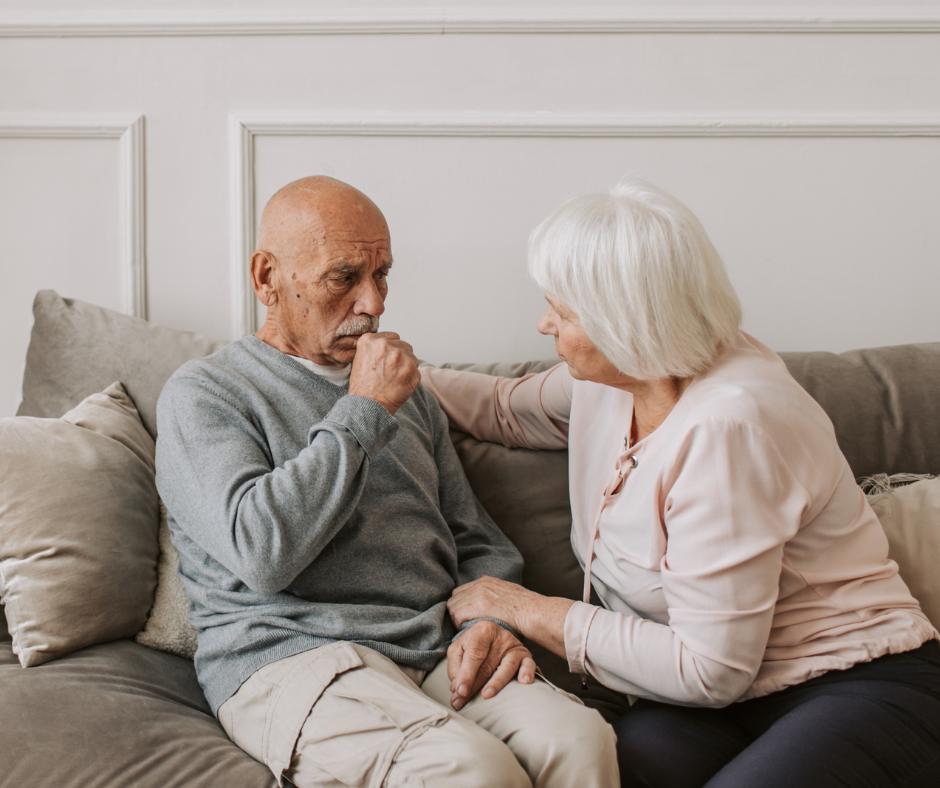
Legionnaires’ disease is a severe type of pneumonia (lung infection) that, though not contagious, can affect a large group of people at any given point. Legionnaires’ disease can be contracted in areas where the Legionella bacteria are present such as hotels, spas, whirlpools, and showers in which a person breathes in water vapor or mist that has been contaminated with the bacteria.
Our Experience with Legionnaires’ Disease Cases
Our Rhode Island personal injury attorneys have experience establishing liability and damages associated with Legionnaires’ Disease and have achieved recoveries on behalf of numerous clients in Rhode Island and Connecticut as a result of Legionnaires’ Disease outbreaks. Due to our extensive experience in this area, we are fully aware of the causes and effects of Legionnaires’ Disease. Together with our trained investigators, we perform a thorough investigation to establish liability.
Where Does Legionnaires’ Disease Come From?
Naturally found in the environment, typically in freshwater ponds and creeks, Legionella bacteria develop best in warm water and are often found in hot tubs, air conditioning cooling towers, sprinkler systems, fountains, hot water tanks, or large plumbing systems. Simply inhaling the bubbles of a whirlpool spa that hasn’t been cleaned and disinfected correctly could lead to Legionnaires’ disease.
Legionnaires’ disease is a relatively common illness that results in the hospitalization of between 8,000 and 18,000 people in the United States every year, according to the Centers for Disease Control and Prevention (CDC).
Legionnaires’ Disease Symptoms
Unfortunately, Legionnaires’ disease can be difficult to diagnose correctly because it often has symptoms similar to other forms of pneumonia. Symptoms of Legionnaires’ disease include the following:
- High fever
- Chills
- Cough
- Muscle aches
- Headaches
Symptoms of Legionnaires’ disease normally develop 2-14 days after exposure to the bacteria. Chest X-rays are necessary to identify the pneumonia caused by the bacteria. Tests of the sputum (phlegm), blood, and urine may also be conducted to identify Legionella bacteria in the body.
Treatment For Legionnaires’ Disease
Many cases of Legionnaires’ disease are treated with antibiotics, however, it can still be life-threatening, especially if you are over 50-years-old, smoke, have lung disease, or have a weak immune system. Legionnaires’ disease is deadly in up to 5% to 30% of cases and timely treatment is important.
The Risks Of Legionnaires’ Disease Outbreaks
The CDC notes that approximately 20-25% of all Legionnaires’ disease reports it receives are associated with travel. Diagnosing and reporting Legionnaires’ disease is very important since its detection suggests an environmental source that places others at risk of exposure. As such, national-level surveillance is required to identify outbreaks of travel-related Legionnaires’ disease.
One of the risks of Legionnaires’ disease outbreaks that occur at hotels or aboard cruise ships is that travelers normally head home to a wide range of locations away from the source of the infection before symptoms develop. Therefore, it is even more challenging to identify the origin of the infection and help to prevent further harm and infection.
Dedicated To Protecting Your Rights
Inefficient water maintenance is no excuse for innocent people to suffer a potentially fatal disease. Whether you or a loved one has suffered Legionnaires’ disease at a hotel, apartment complex, or another premises, legal guidance and representation is available to help you through this challenging time.
At Marasco & Nesselbush, we have the legal resources and experience to handle your Legionnaires’ disease case if you are a resident of Rhode Island, Massachusetts, or Connecticut, no matter where you contracted the illness. Please contact a Legionnaires’ disease lawyer at Marasco & Nesselbush to learn more about your legal rights and options. Our attorneys are committed to upholding social, economic, and personal justice. Call 401-246-8892 today.